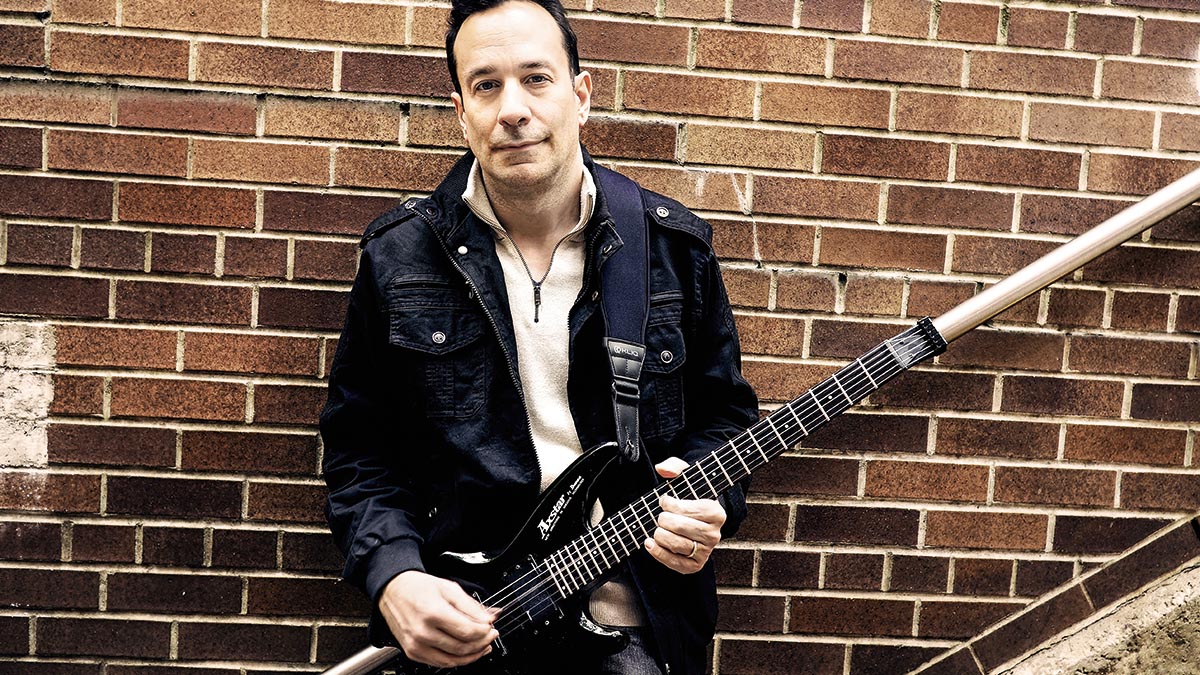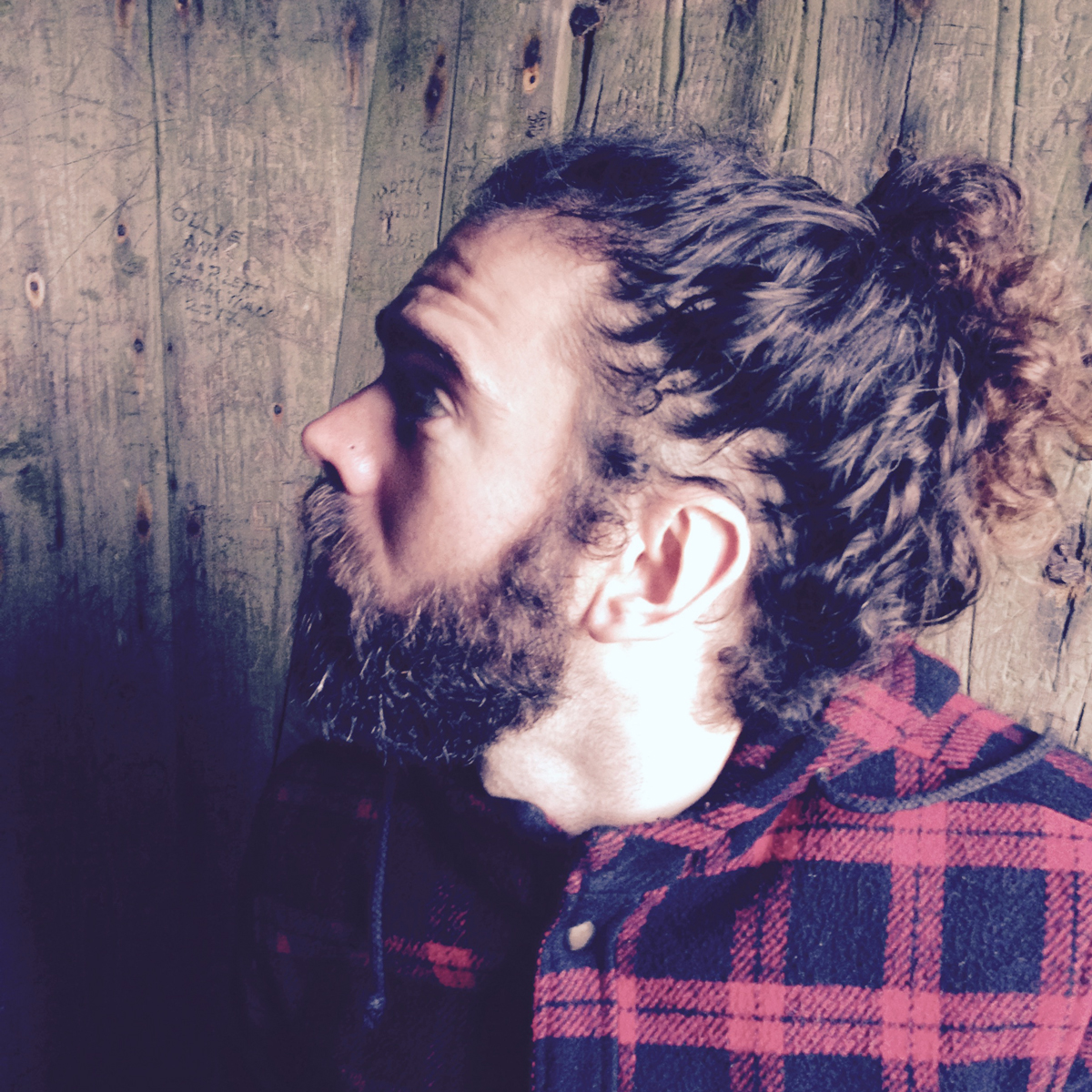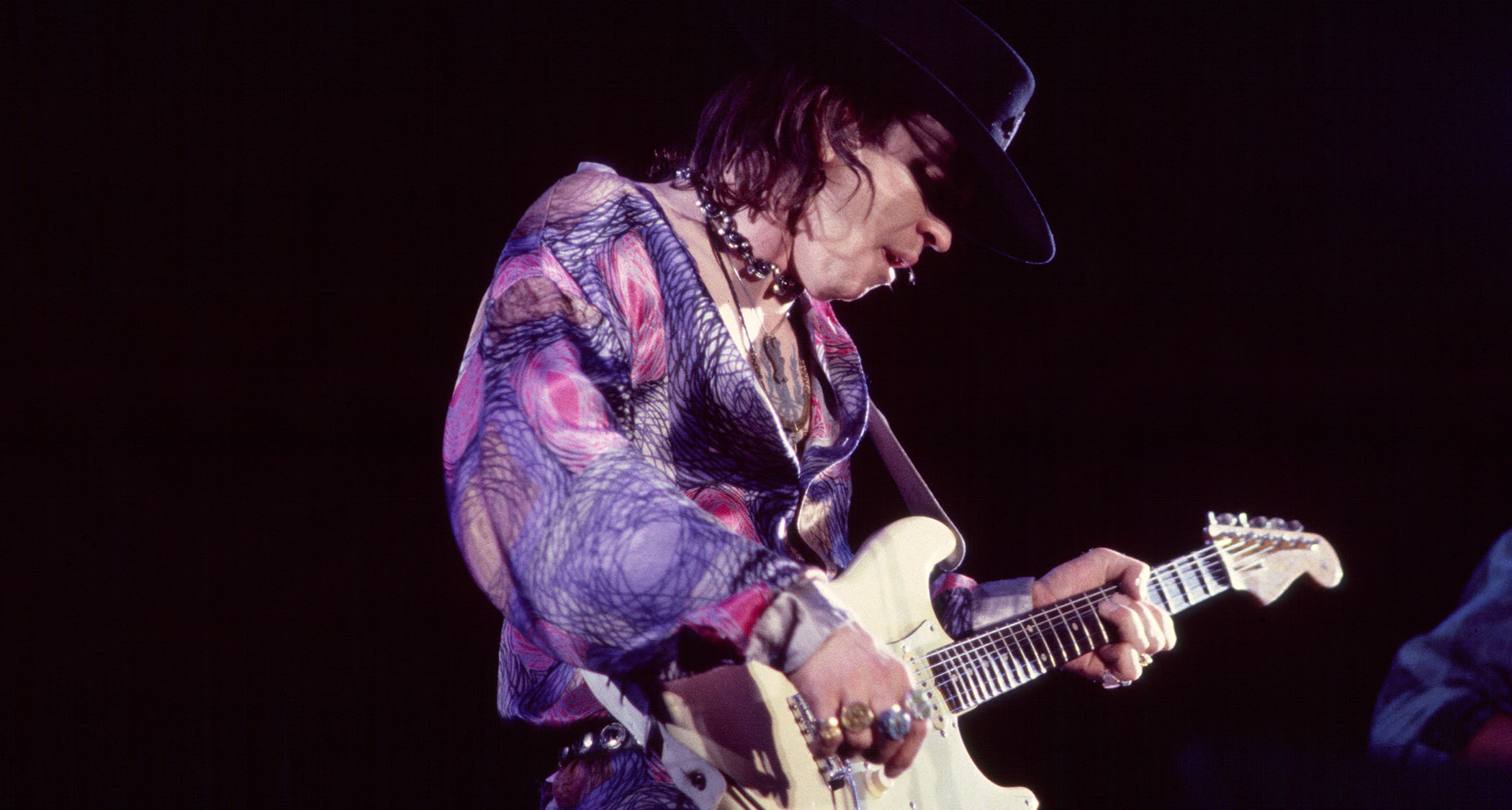“When I want to know what I’m doing, I play the keyboard. And if I don’t want to know what I’m doing, I play the guitar”: Christopher Libertino on film scoring, music journeys and taking the leap into the great instrumental unknown
Libertino is a multi-instrumentalist, composer and academic, and his latest album, Cartography, finds him chasing new musical horizons and facing the biggest challenge of his career

All the latest guitar news, interviews, lessons, reviews, deals and more, direct to your inbox!
You are now subscribed
Your newsletter sign-up was successful
The latest album from guitarist, composer and musical academic Christopher Libertino is titled Cartography, and it could easily be compared to a cinematic experience.
There is a sense of adventure throughout the nine tracks that gives the music a certain freedom.
“When I want to know what I’m doing, I play the keyboard. And if I don’t want to know what I’m doing, I play the guitar,” Christopher says. “There’s something about the way the guitar is laid out. [But] when you start getting into the effects stuff… I like to go off the trail and not know what I’ll run into.”
Formal vs self-education
Christopher, who currently lives in New York, has a music degree from Harvard and also studied at Berklee School of Music. Equally as impressive are the more than 50 scores he’s written for films. However, he is keen to highlight his less formal education.
“In terms of my [guitar] work, plus all of the things like effects, recording and producing, it was all self-taught,” he says.
“The education of buying records, studying liner notes then finding which person did what and watching them [in order] to pick stuff up, is as important as the book stuff. When people ask me questions, I’ll tell them what I think is useful, but what really matters is what’s coming out of the speakers, not how you got there.”
Application & autonomy
Christopher’s expansive musical knowledge enables him to take on diverse projects, such as composing for film, alongside his solo work. “Scoring is an applied art form,” he says. “You might write jazz or period music, but you’re there as the composer and to highlight somebody else’s vision, and that’s the important thing. In a film, it’s not about your music.
All the latest guitar news, interviews, lessons, reviews, deals and more, direct to your inbox!
“If you don’t get that, there will be a lot of friction. You’re a piece of the puzzle and there might be people who have something to say about your work. You’re going to change it a lot! The contrast is, when I do my own records, I can do whatever I want, however I want. It’s a big dichotomy.”
Instrumental challenges
Unlike Christopher’s first album, Traveller, from 2013, which featured vocals throughout, Cartography is a standalone instrumental set – a different prospect for the guitarist.
“I think instrumental music is a little bit harder,” he says. “With film music, it’s part of something else and a lot of the time you’re trying not to get noticed. With vocal music, you have lyrics for people to focus on and any guitar solo will be a small part.
“The instrumental record was about stepping away and doing something that doesn’t rely on the film or the vocals taking up space. It’s more about what I could do to keep people engaged across those minutes. It’s a huge challenge and, it being all up to me, was harder, for sure.”
Acoustic uncovered
Listening to the effects-driven and intricate sound of Cartography, you could be forgiven for thinking that Christopher rarely handles an acoustic guitar… “I totally get where you’re coming from!” he says with a laugh. “But one of my nicest guitars is a Martin [OM-42] acoustic, which was so expensive that I had an out-of-body experience when I bought it.
“It was one of those instruments that after I played in the store it kept gnawing away at me. It’s a magical guitar, where the songs pop out of it. So, after first playing it, I got a film [score job] and thought, ‘Oh good, now I can go get it’.
“Doing film music gives you somewhere to hide, and lyrics give you somewhere to hide. The ultimate end, though, where you have nowhere to hide, is the acoustic guitar.”
The literary influence behind the music
Christopher elaborates on the inspiration behind his diverse new album. “There was this book I read called Maps Of The Imagination by Peter Turchi, where the author looks at literature and writing but through the optic of maps.
“I had this thought about the composer as cartographer, which is great, because I love music from all over the world. I like African music and music from the Middle East. So the last time I listened to it I thought it was eclectic, but I think it hangs together pretty well!”
- Cartography is out now via Paradox Lost.
Glenn Kimpton is a freelance writer based in the west of England. His interest in English folk music came through players like Chris Wood and Martin Carthy, who also steered him towards alternate guitar tunings. From there, the solo acoustic instrumental genre, sometimes called American Primitive, became more important, with guitarists like Jack Rose, Glenn Jones and Robbie Basho eventually giving way to more contemporary players like William Tyler and Nick Jonah Davis. Most recently, Glenn has focused on a more improvised and experimental side to solo acoustic playing, both through his writing and his own music, with players like Bill Orcutt and Tashi Dorji being particularly significant.

